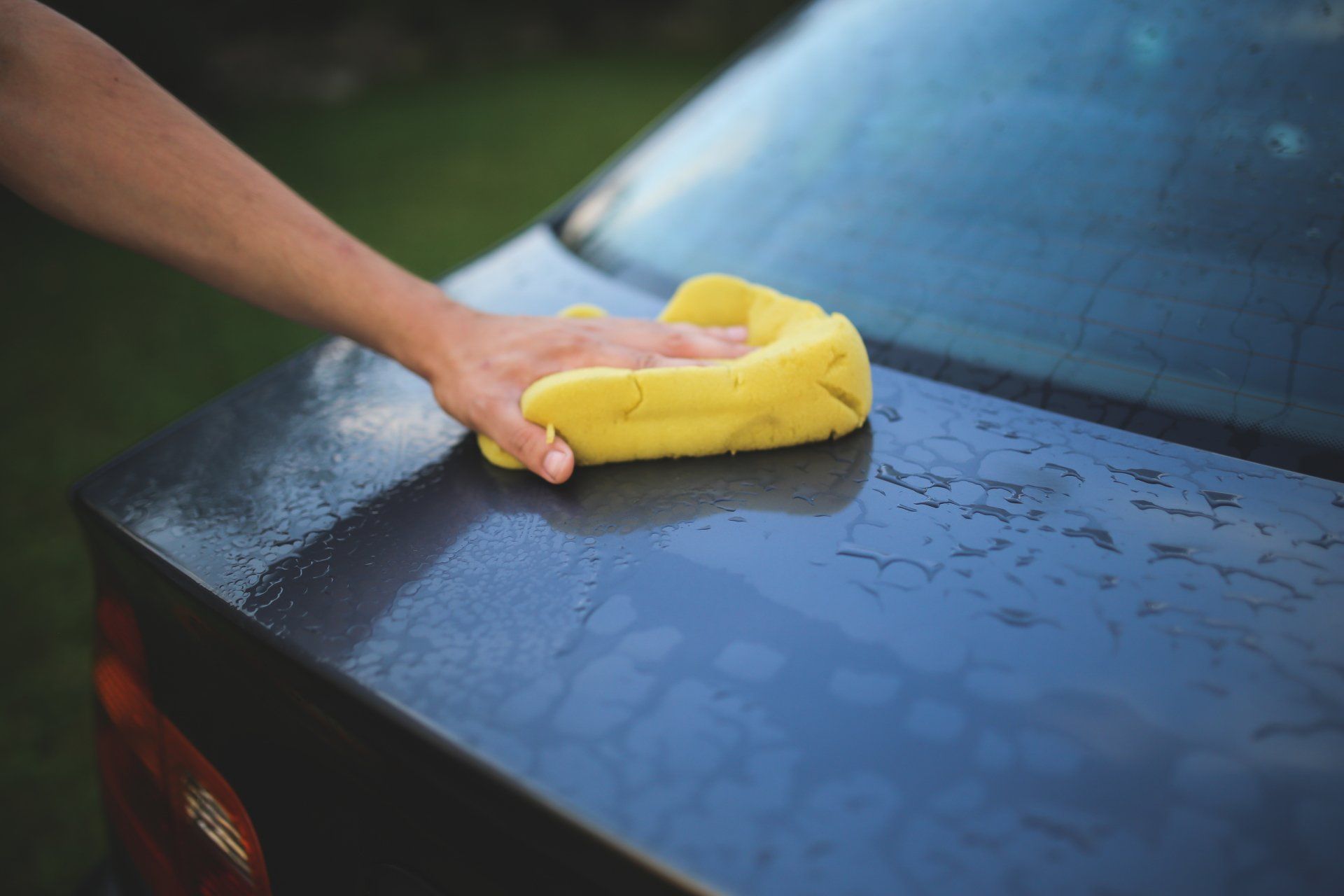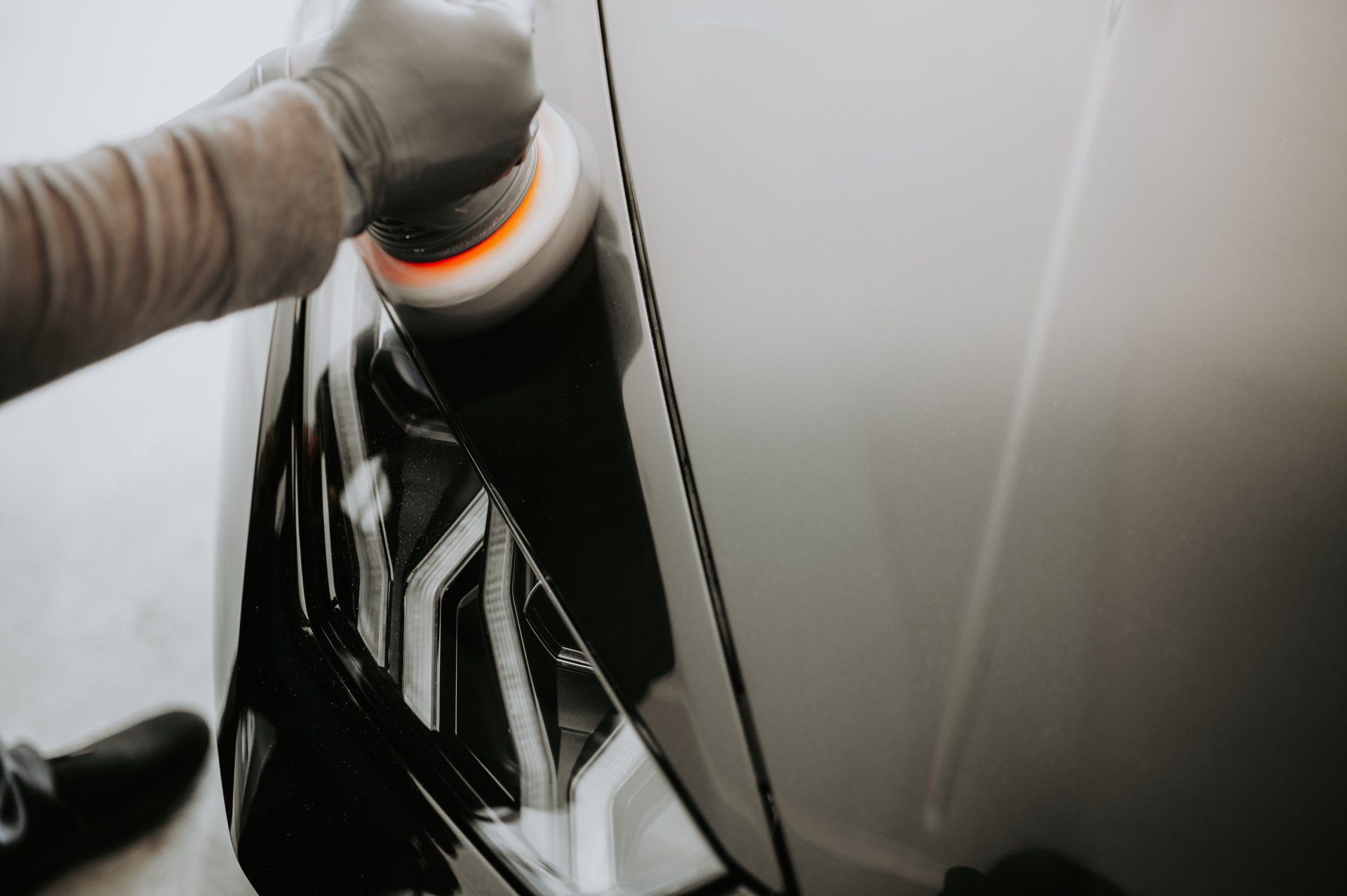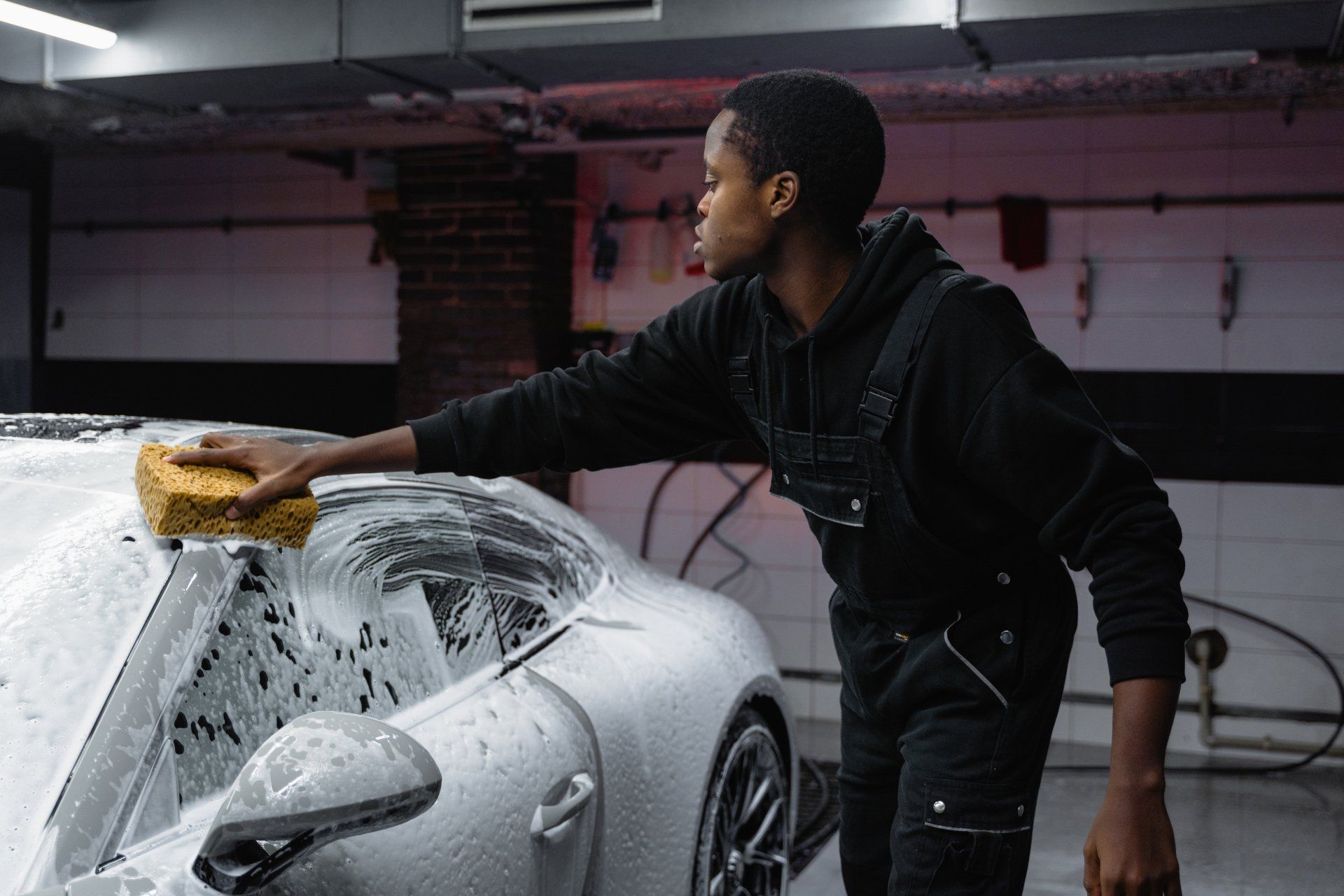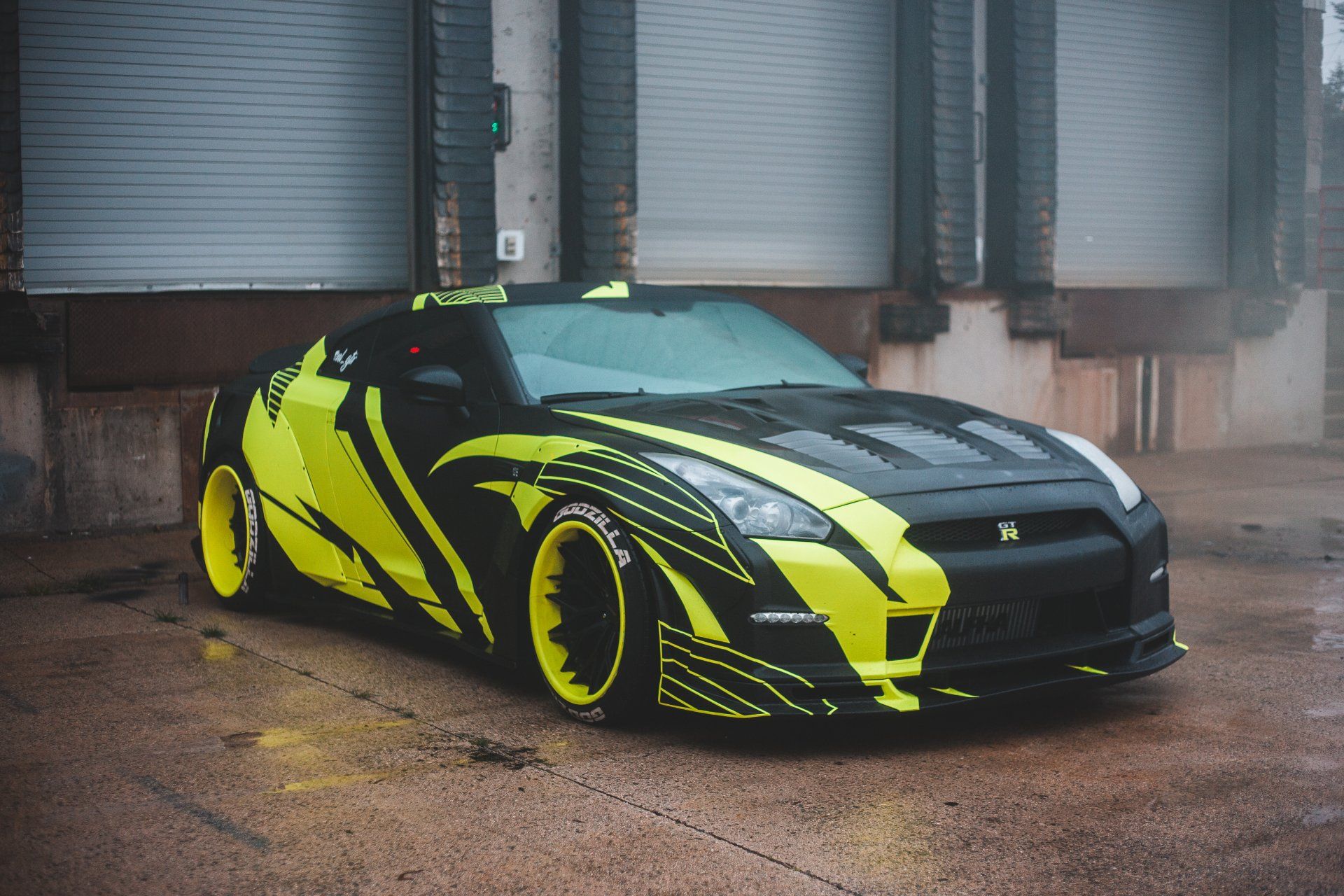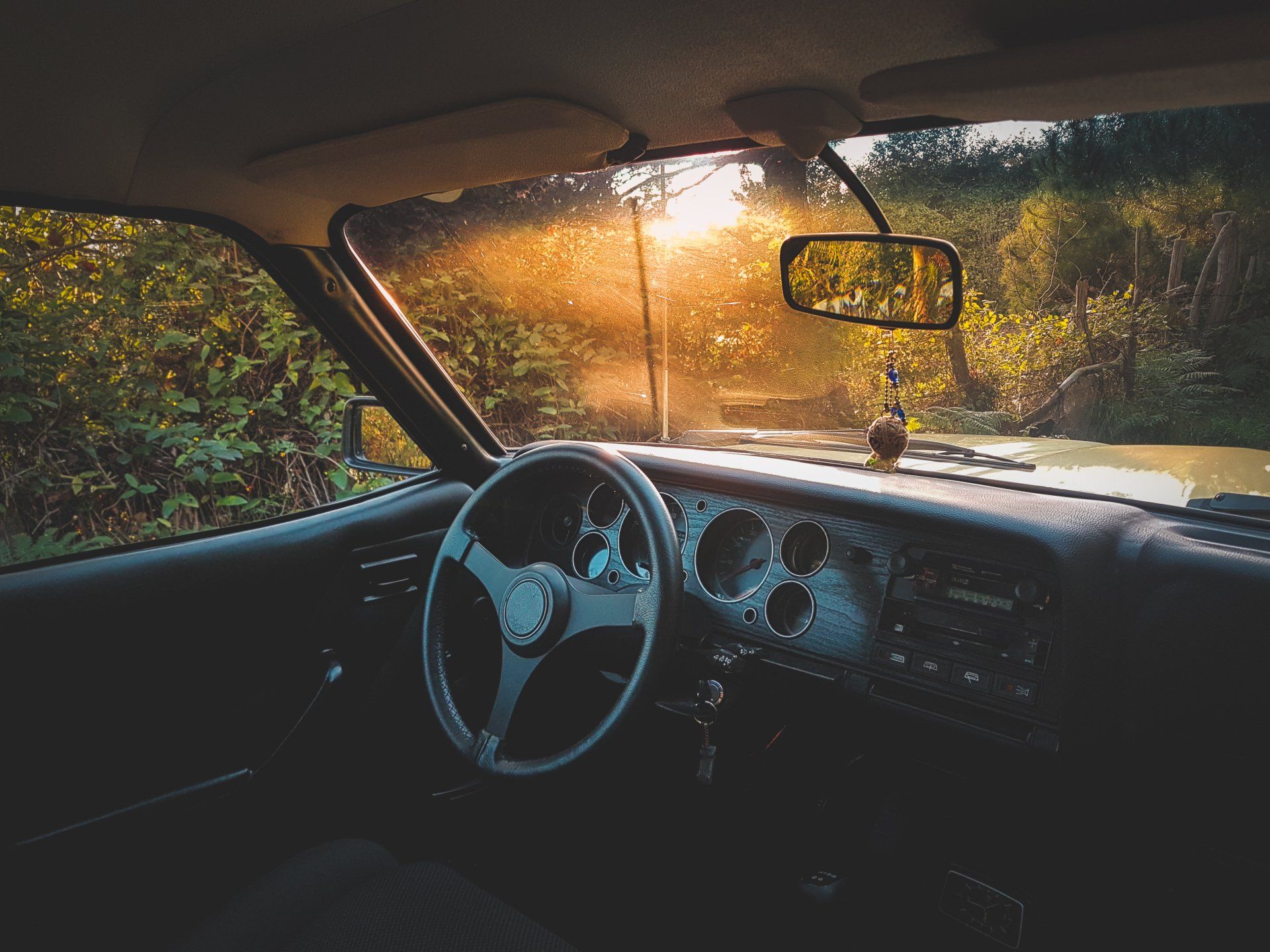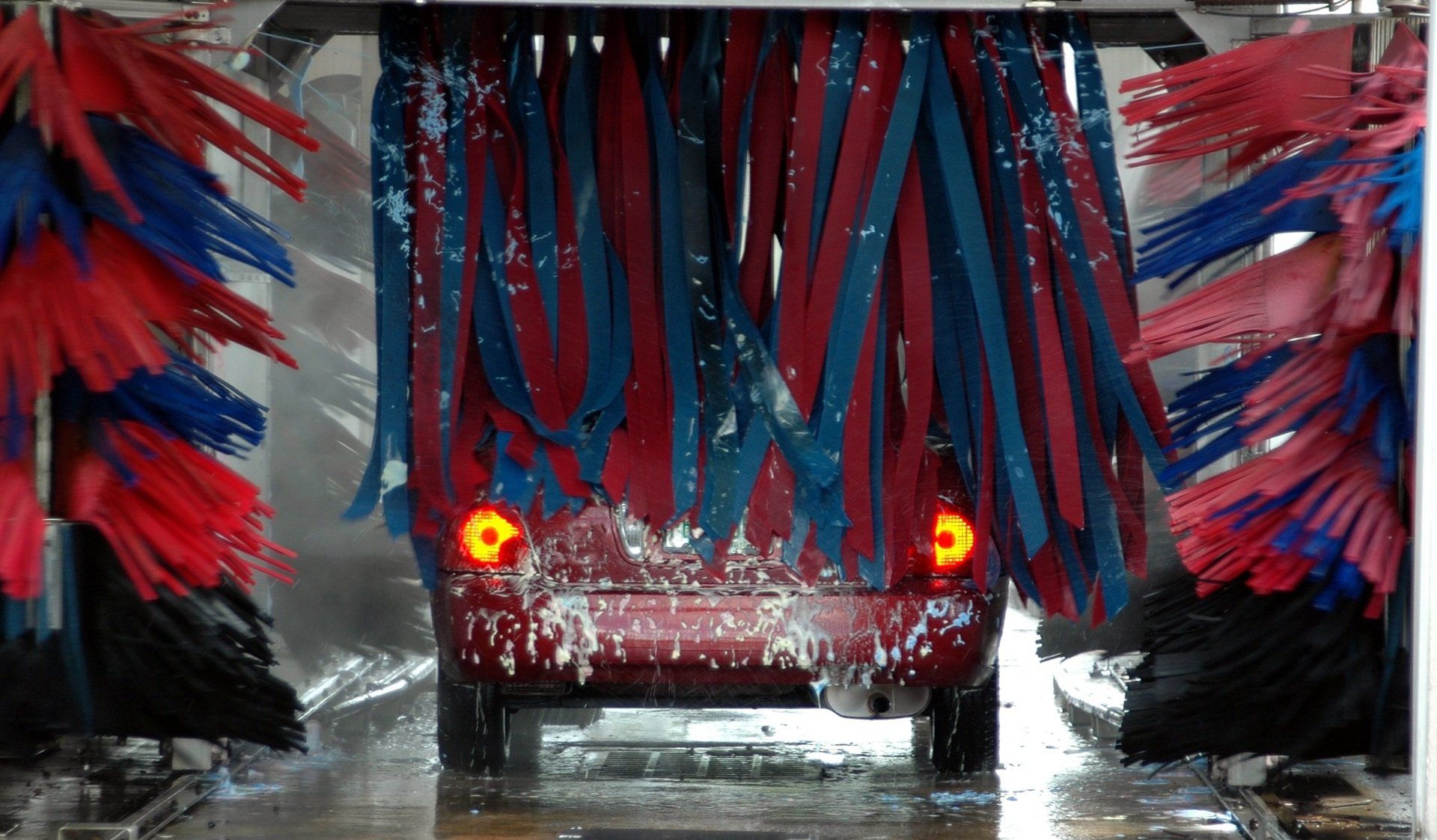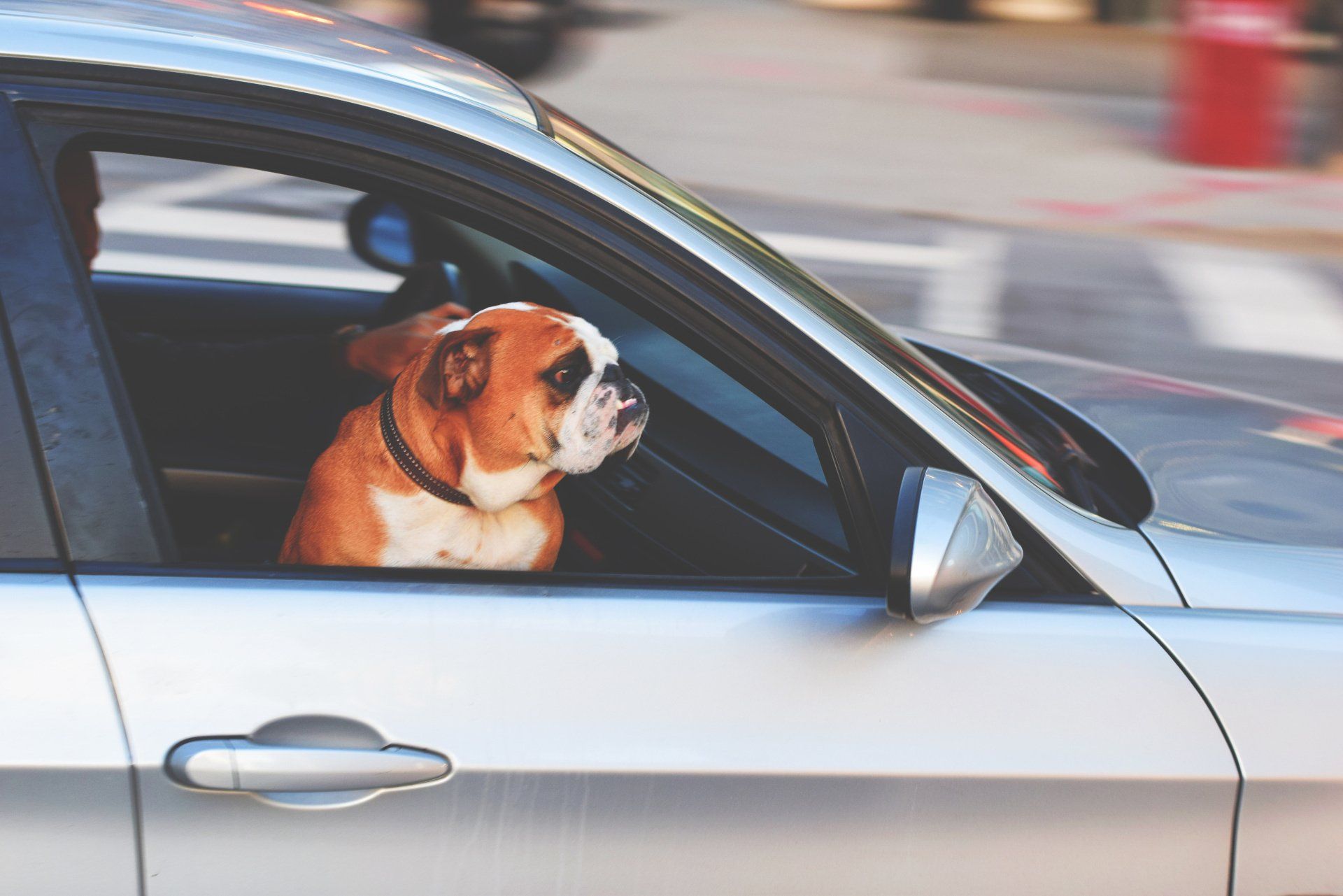Will Car Washing Hurt Your Car's Finish?
Will Car Washing Hurt Your Car's Finish?
Do you think that running your car through an automated car wash causes damage to the surface? Unfortunately, the possibility is there. Although certain types of car washes are more harmful than others, every time you clean your vehicle, even when you're handwashing it, you are applying abrasive or harsh chemicals to the paint and the possibility of scratches and swirls in the paint finish will always be there. This is the downside.
The good news is that when you take time choosing, you can reduce the deterioration of the appearance of your paint. Furthermore, many modern automobile finishes that are applied by the factory come with a topcoat, which is extremely robust and will last for a minimum of 10 years.
It's also important to know that the efficiency of a car wash varies according to the car model as well as the quality and type of the car wash. Make sure to use your best judgment when choosing which one is the most suitable for your car, and how many scratches you're willing to take on.
Tunnel car is using rotating brushes
It is the "traditional" old-style car wash that uses rotating bristle brushes and is frequently criticized over other modern car wash techniques which are described as being more gentle on your car's finish. However, head-to-head comparisons have revealed that old-fashioned car washes actually cause less harm to the car's finish over the more modern options because brushes don't keep abrasives in place (like grit) in the same way as soft cloth scrubbers do.
Soft-cloth car wash
Certain car washes that are in no way "touchless" feature flaps of cloth which massage your car and appear less aggressive. But they also contain the potential to retain the abrasives of each vehicle that came before yours, which is more than brushes can. The latent abrasives that are in the scrubbers are among the most frequent cause of damage to the finish on cars.
Car is washed using a touchless method
Car washes using methods like the "laser wash" approach do not have the abrasive effects on your paint finish, unlike car washes which have direct contact with your vehicle's paint have. But, there's an unintended consequence. They don't make cars as sparkling since a bit of scrubbing is needed to get rid of some of the grime and grit. Additionally, they employ cleaner detergents with more caustic to compensate for the absence of direct touching. A car wash that is not touch-free is fine once in a while, but frequent contact with these chemicals has the potential of deteriorating the appearance of the car.
Handwashing
The majority of auto detailing professionals who want the perfect finish for cars insist that handwashing is the only method to help you achieve that. Even with handwashing, there is the potential for dangers. Utilizing the same sponge for cleaning the paintwork of the vehicle as well as the wheel wells and tires is a common error that introduces abrasives into the cleaning process. Be sure to separate your sponges, wash and rinse them, and your microfiber towels daily.
Here are some tips to make sure your automated car wash usage:
If you're in line for an auto wash and the car that is in front of you appears like it's fresh after a week of off-roading in the mud, put your foot down in line and go back next time. Car washes of all kinds "self-clean," but not quickly. It requires a couple of cycles of washing to rid the soft cloth or brush of grit and dirt that could harm the surface.
Assess the facilities. If it's neat and modern on the outside, chances are high that they'll take charge of the washing components also.
The majority of "extras" are probably not worth the price. Spray-on "wax" will give a lovely sheen but will lose its shine after a couple of days. Choose undercarriage cleaning just once or twice a year.
Get a Free Quote Today!


